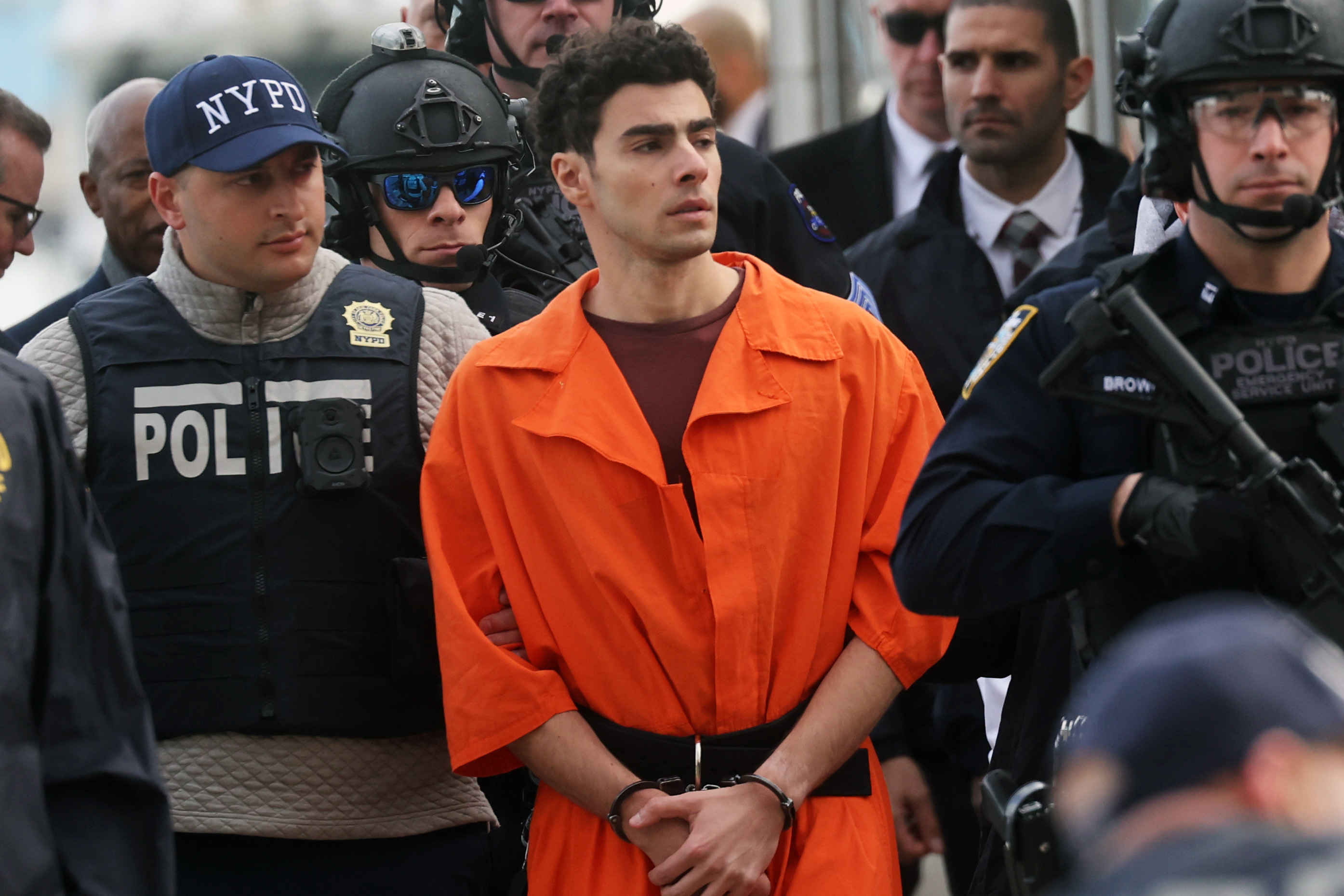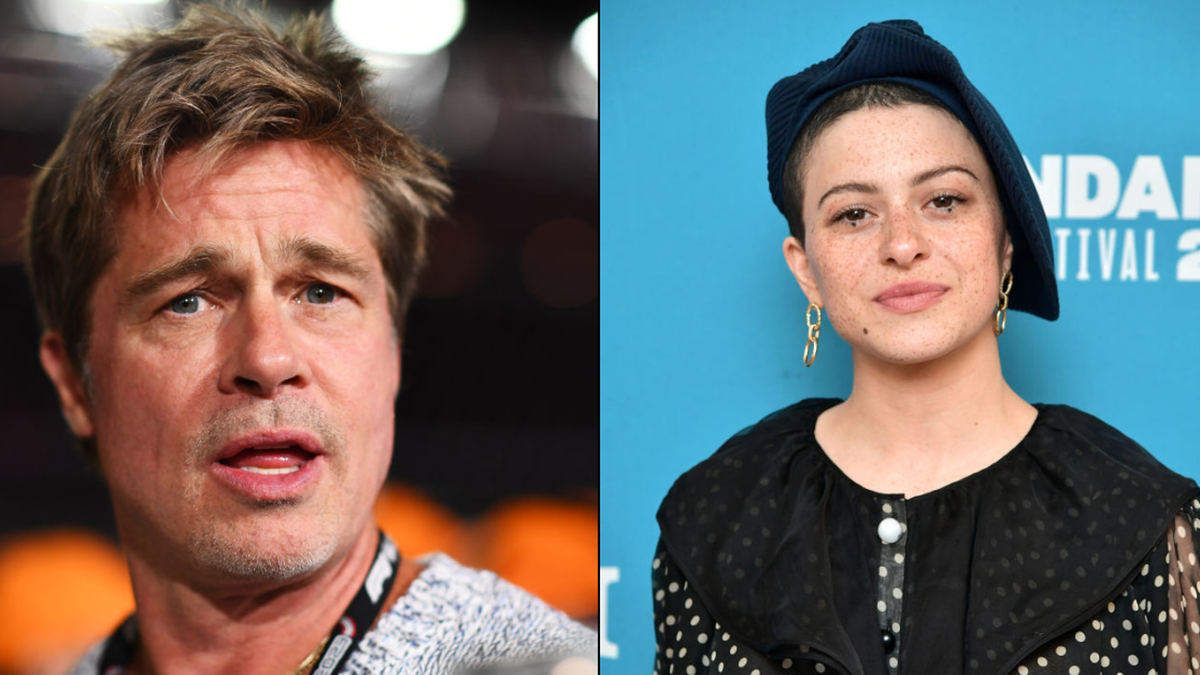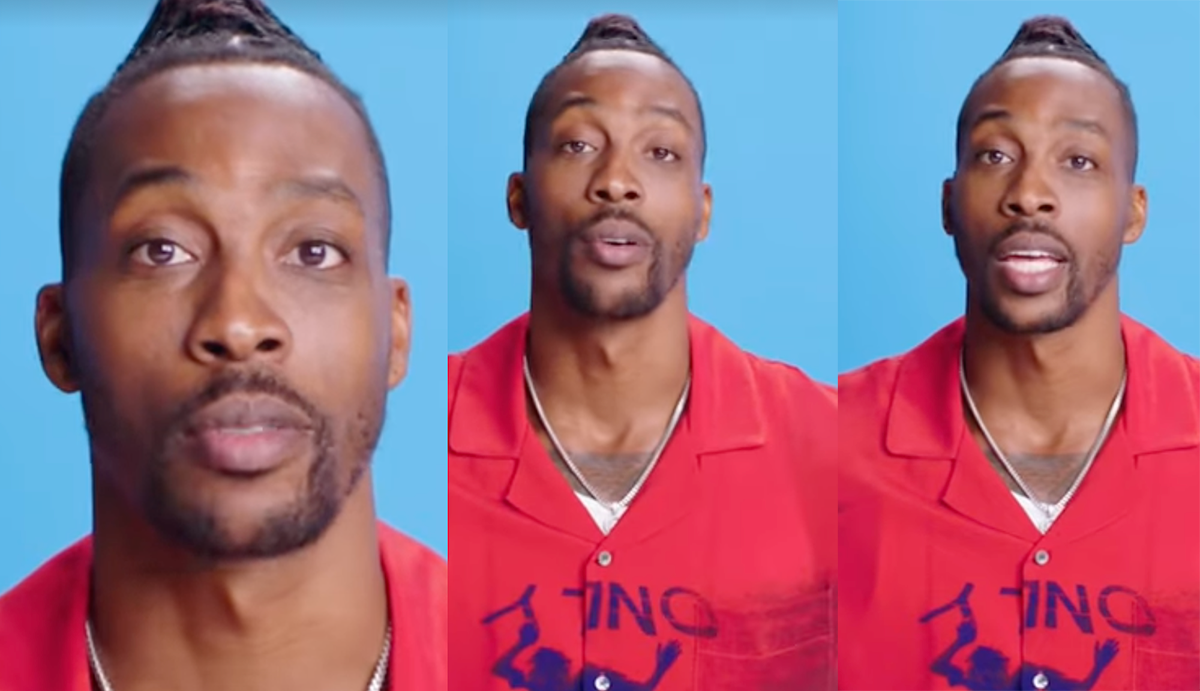What's New
In some corners of the internet, users are commenting on accused UnitedHealthcare CEO killer Luigi Mangione's appearance, a factor that a jury consulting expert says could impact the jury pool in his trial.
Dr. David Barnard, director of jury consulting at Magna Legal Services, spoke to Newsweek about how appearance can influence jurors and how the phenomenon applies in Mangione's case.
Why It Matters
The CEO of UnitedHealthcare, 50-year-old Brian Thompson, was shot and killed outside a Hilton hotel in Midtown Manhattan on December 4. The suspect fled following the shooting.
Mangione, 26, was taken into custody at a McDonald's in Altoona, Pennsylvania, on December 9 in connection with the killing.
Mangione was arraigned in federal court on Thursday on two counts of stalking, one count of murder through use of a firearm and a firearms offense. He also faces multiple state charges in New York and Pennsylvania.

What to Know
Barnard said a defendant's appearance can influence jurors "whether they know it or not."
"As a jury consultant, I've observed the 'attractive-defendant effect' in action," Barnard said. "This phenomenon has been well-documented in academic research, showing that conventionally attractive defendants often receive more favorable treatment and outcomes in legal settings compared to their less attractive counterparts."
While the phenomenon has been well-established, it does not mean a defendant with a "pretty face" can simply "get away with murder," Barnard explained. Instead, jurors are likely to associate one's appearance with traits like honesty, reliability and morality.
"This bias can result in increased sympathy or leniency for the defendant, sometimes overriding the evidence presented," Barnard said. "For example, jurors who believe Mr. Mangione committed the crime might still be inclined to find him guilty of a lesser charge if such an option exists, particularly if factors, such as mental illness, are introduced."
Barnard said it is "entirely possible" that Mangione's appearance could influence jurors.
"In a case as high-profile as this, where Mangione has received significant attention online for his looks, jurors may bring those discussions into the courtroom—consciously or not," Barnard said. "When a defendant's appearance becomes a focal point, it can overshadow the facts of the case and skew perceptions of their character and credibility."
Barnard emphasized that it will be "vital" for the prosecution and defense to keep this issue in mind during jury selection and the trial. He added that not all jurors are equally likely to be influenced by physical appearance.
"Personality research shows that some jurors are emotional (or intuitive) thinkers who tend to "go with their gut," while others are rational thinkers who aim to process information analytically," Barnard said.
He also warned that Mangione's appearance could influence his trial in a negative manner.
"His conduct and composure in the courtroom will matter," Barnard said. "Should he decide to testify, his attractiveness might even become a liability if jurors feel he is using it to curry favor or distract from the facts of the case."
What People Are Saying
New York District Attorney Alvin Bragg, in an interview with ABC News: "I sit across the table from families who've had a loved one killed. And to think of people celebrating that...is beyond comprehension to me."
Pennsylvania Governor Josh Shapiro: "In some dark corners, this killer is being hailed as a hero. Hear me on this: He is no hero."
What Happens Next
Mangione is facing charges in three different jurisdictions. Blair County District Attorney Peter Weeks said on Thursday that his office's case will remain "active," but Mangione will not have to face it until the New York case is finished.
"As a practical matter, it would have been laughable and a waste of resources and time for us to try and keep this defendant for our charges and delay New York's custody of the defendant for the more serious case," Weeks said.
Do you have a story Newsweek should be covering? Do you have any questions about this story? Contact LiveNews@newsweek.com.




















 English (US) ·
English (US) ·